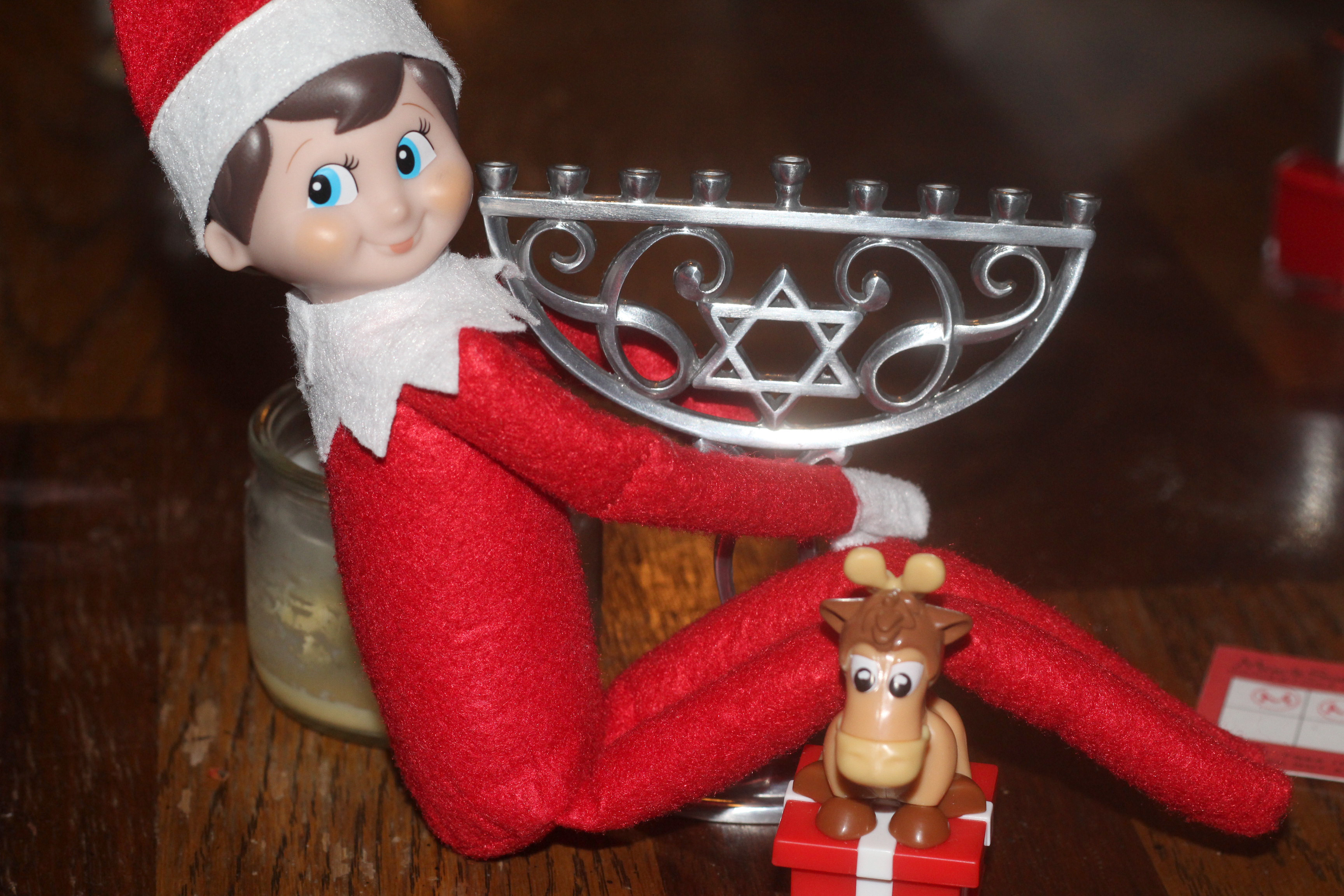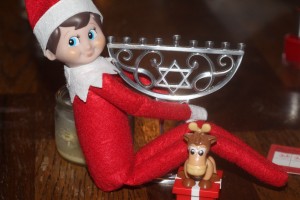A fusion of cultures


Santa angered me as a child.
It wasn’t because of the hat that he wore or the fact that he had reindeer as pets. It was because of the feeling of exclusion that happened every year once the streetlights were decorated with lights and the sound of Christmas jingles echoed from store to store.
My friends around me screamed with glee making Christmas ornaments during art period in class and pinky swore that they were on the nice list — despite those multiple time outs in the corner. I scowled, made fun of Santa and hated explaining what a “latka” was. To me, every December left me feeling like an isolated Jewish girl living in a Christmas materialistic world.
Fast forward to present day and I am counting down the days until it is “acceptable” to hassle my family to buy the Christmas tree and let me take control of which ornaments should be placed. Why the sudden change of heart? Inclusiveness.
Religion to me as a child wasn’t focused on who believed on what. It didn’t matter that my friends went to church and I went to synagogue. I loved hearing that there were other “beliefs” in society because in some form or another, it still made sense even though it wasn’t part of my practice.
But with Santa, and the hype that it brought, it was the exclusion of being cut off from not enjoying the simple things just because your family thought of similar topics a different way. Symbolism behind an ornament meant that it was sparkly and pretty, and a red-nose reindeer would be the cutest pet to have. I wasn’t “allowed” to be a part of that, because it didn’t fit with “what my family believed.” Or so the commercials and society made me feel.
Faith was always a tug-o-war because I was born Jewish but only half my family is Jewish and the other was Catholic. Even though being Jewish and the traditions that it brought generated love and respect amongst family, something felt prohibited; almost as if beauty was not allowed to be acknowledged on the Christmas decorations because it “wasn’t who I am.”
But 11 years ago things changed. Families parted and new traditions began. Hence Chrismukkah was invented. I’m not the first to participate on this new practice, but I refuse to give Seth Cohen from The OC credit for coming up with the idea. It was the opportunity to acknowledge the old traditions and indulge in guilt-free traditions such as having a stocking to hang by the fireplace, and feel the “Christmas spirit” that everyone lit up about.
All of a sudden, the jingles weren’t as painful to listen to and the tolerance of the Christmas spirit grew. Media made me felt more inclusive only because it was included on the values. Friends couldn’t question practices because that’s just the way “things were” in the family.
Regardless of where the presents are placed or the food that gets eaten, or the words that are said amongst each other, Chrismukkah means one thing and one thing only: another opportunity to share a special tradition with your loved ones.


